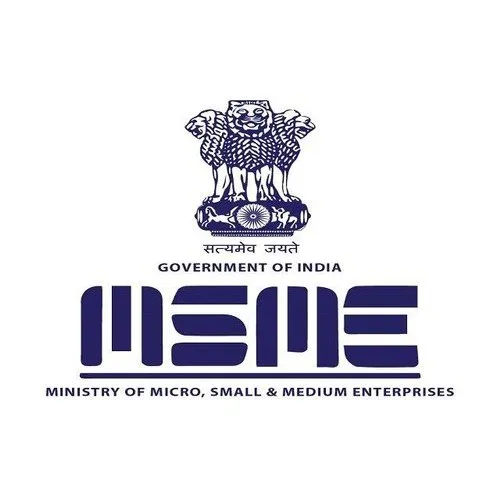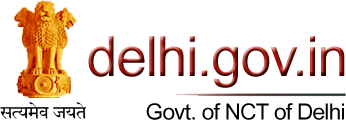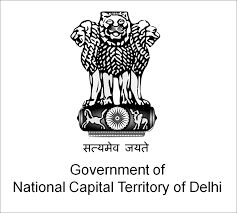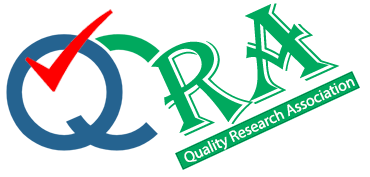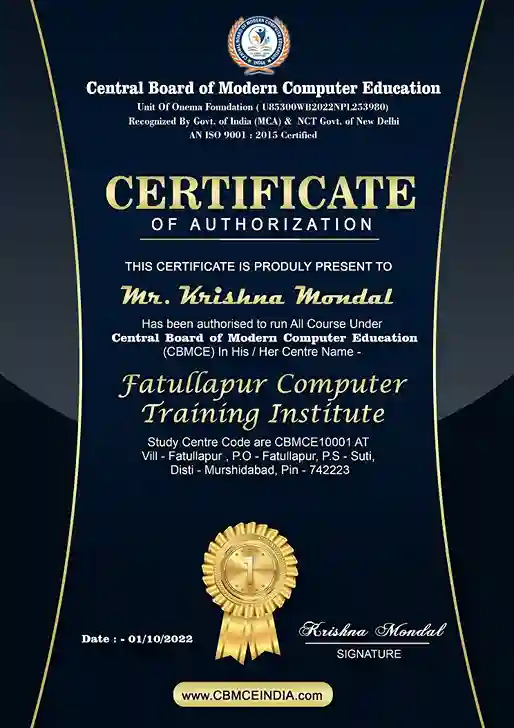Introduction to Coding with C and C++(CCC+291)
Introduction to Programming and C Control Structures Functions and Modular Programming Arrays and Pointers Introduction to C++ Basic Software Development Practices
- Introduction to Programming and C
- Control Structures
- Functions and Modular Programming
- Arrays and Pointers
- Introduction to C++
- Basic Software Development Practices



